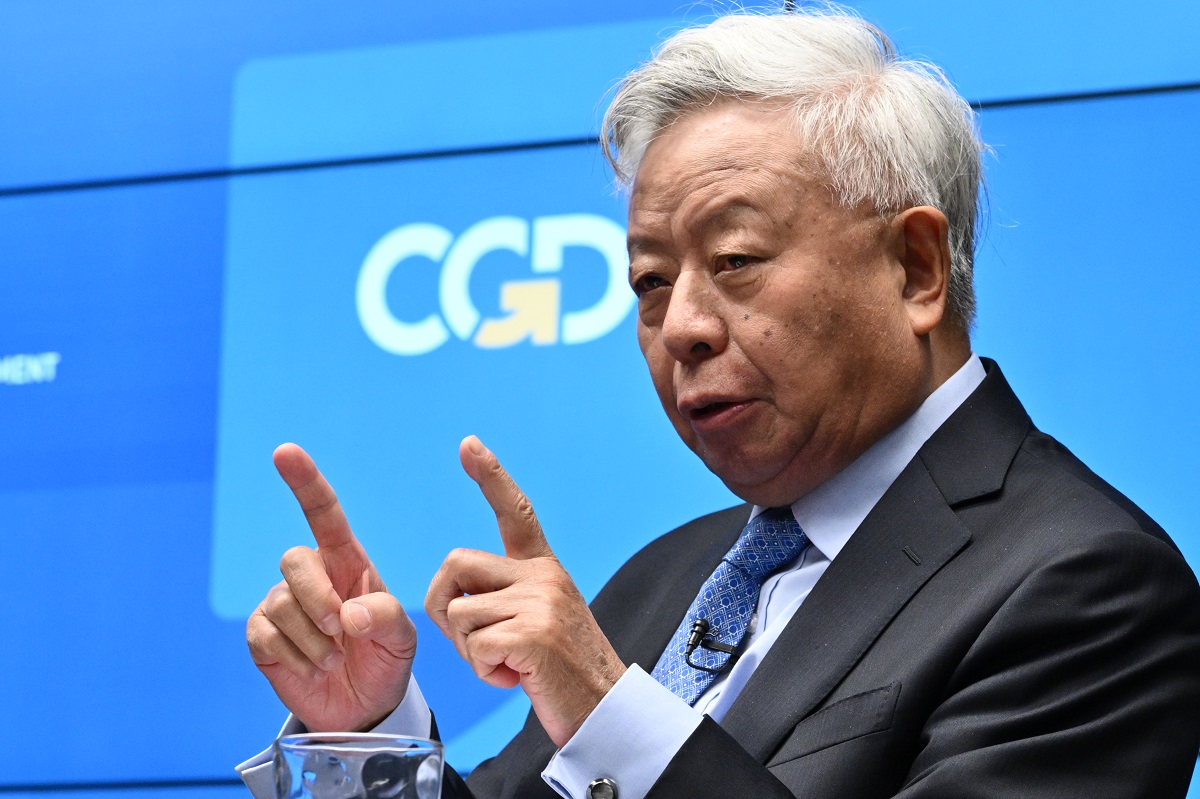This is a joint posting with Peter Timmer.This past weekend, the New York Times published a provocative story titled "Ending Famine, Simply By Ignoring the Experts" (login required), about how Malawi has rescued itself from endless cycles of famine. The Times argued that Malawi accomplished this seemingly impossible goal by ignoring experts from the World Bank and rich-country aid organizations who have insisted that Malawi should cut back or eliminate its subsidies on fertilizer. But Malawi's newly elected president, Bingu wa Mutharika, did just the opposite--he reinstated and deepened the subsidies, which in turn increased yields and resulted in exports of corn to neighboring countries. Was the president right to do this?The story reminds me (Peter) of the fight I had with the World Bank in the early 1980s over the fertilizer subsidy in Indonesia. Even as oil prices were falling and the budget was getting squeezed very hard, the finance minister decided to keep the fertilizer subsidy, despite fierce opposition from the World Bank (which was Indonesia's largest aid donor). The finance minister kept the subsidy because analysis showed that the economics benefits to the country were twice as large as the costs, even in the short run. Over a longer period of time, the economic benefits were 3-4 times as large as the costs. I used to teach that case at Harvard, but never got it published because peer reviewers just did not believe it could be right. But it was....The story also reminds me (Vij) of the desperate need for new technological options via a real Green Revolution. While experts have urged African countries to liberalize and align prices with world markets, they have mostly ignored the need for new inputs and new seeds that will help raise yields. African farmers are also mostly without good roads and a reliable source of modern energy which would enable them to increase value added and sell their crops in urban areas. While yields have increased substantially in Asia and Latin America over the past few decades, there has been no corresponding change in agricultural productivity in Africa--see the World Development Report 2008: Agriculture for Development.What makes the situation really tricky is that you also need working institutions to go with the prices and technology (the old "3 I's"--Incentives, Innovation and Institutions). A poorly designed fertilizer subsidy program undermines the institutional development needed for a sustainable private sector fertilizer distribution system. One of the reasons the Indonesian experience worked so well for so long was that fertilizer distribution was in the hands of the private sector, with bulk fertilizer subsidized up to the wholesale level, beyond which it was a competitive market, sold in small quantities in thousands of retail shops. But it was a struggle every year to keep distribution out of the hands of the cooperatives and other special interests, who demanded, and would need, monopoly rights to survive. That battle has long since been lost in today's Indonesia, thus badly undermining growth in agricultural productivity.The bottom line is that fertilizer subsidies can be very productive, even efficient, in the right circumstances. But making it work over the long term is tough. The new president of Malawi may well learn something from the Indonesian experiment and the experts who worked on it.
CGD blog posts reflect the views of the authors, drawing on prior research and experience in their areas of expertise.
CGD is a nonpartisan, independent organization and does not take institutional positions.



